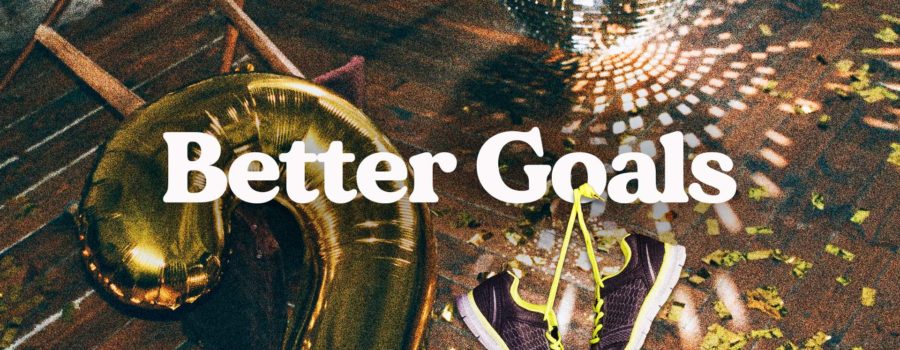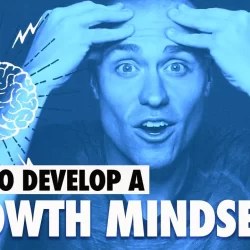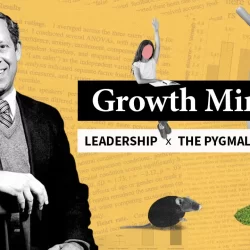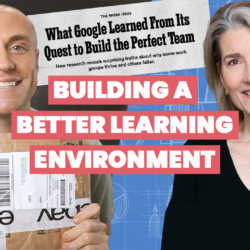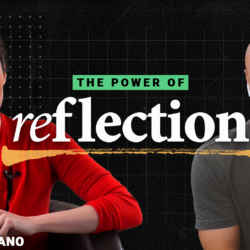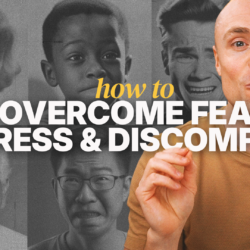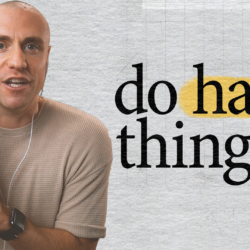We’re a little over a month into our New Year’s resolutions.
How’s yours going?
Same.
Don’t worry though, we’re not alone. About 68% of people have never completed a resolution.
Rather than running it back in 2023 with the same strategy and falling short again, let’s adapt, adjust, and approach this differently. And let’s do it ASAP.
GOALS & SKILLS
It’s October 2020 and I’m giving a workshop to a major golf company. Together we’ve unpacked the building blocks of better learning: growth mindset, changing the way we think about struggle, changing the way we think about discomfort.
It’s time for my favorite activity, the learner action plan, where I guide them through an exercise to help put these tools into practice.
Me: Take 60 seconds and think about a concrete skill you want to build.
One minute later
Me: Does anyone want to share?
A couple hand raise emojis pop up on the Zoom thumbnails.
Person 1: I want to write a book?
Person 2: I want to be the number one salesperson in this group
I think this is one reason our resolutions fall short: we need to understand that there’s a difference between goals and skills.
Usually we set the goal, it sounds good, we chase it for a bit, and usually fall short.
There’s nothing wrong with having a goal. Goals provide a target, a direction. But we need to go deeper. We need to think about the skills that support that goal.
Goal: writing a book
Skills: research, storytelling, discipline
If I identify and get to work on building these skills, I’m in a better position to achieve the goal. And, even if I do fall short of the goal (I don’t publish the book) I still have these skills, and they can help me in other pursuits. Nice.
Two things to keep in mind:
1. More things are skills than we realize
2. If it’s a skill, you can absolutely get better at it with good practice
WILLPOWER & HABITS
The main reason our resolutions fail: we assume it’s a matter of willpower.
Every time we fall off the wagon it’s, “I just need to want it more, to try harder. I must not have wanted it enough.”
Wendy Wood, the world’s leading habits researcher, taught us that for sustained action, willpower isn’t enough.
More than anything, it’s our environments, the small things around us that cue our actions and behaviors, that build and shape our habits over time.
Habits are having a moment right now and everyone is talking about them. To cut through the noise, I’d highly recommend Wendy’s book, Good Habit Bad Habit, and our podcast episode on the topic.
What you need to know to get started – the core of it all, really – is the three steps to a habit loop:
Environmental cue
Action
Reward
As we cycle through this loop over time, we begin to form habits.
To change a habit, we usually attack it at the action level: I want to do this more or I want to stop doing this.
And we usually fail.
It’s more effective to manipulate the environment and cues around us. Friction is our friend in this mission. If you want to do something more, make it easier – reduce the friction. If you want to do something less, make it harder – add friction. Proximity and visibility are good places to start. If something is close and visible we’ll see it more, and do it more. If something is far and hidden we’ll see it less, and do it less.
Two things to keep in mind:
1. Habits and skills are different. A habit gets you to the gym consistently, and the skills are the things you practice and build while you’re there. Habits fuel sustained action – which helps in the skill development process. If you really want to get technical about it, for complex skills, some of the elements end up becoming habits but we don’t need to go there for now.
2. You can learn a skill without a habit. You can learn enough to be dangerous in a weekend, a week, a month – depending on the skill. However, to get really good you need sustained action, and sustained action requires habits.
Putting this to work: next time you set a goal answer these questions:
1. What’s your goal?
2. Why do you want to achieve this?
3. What are the skills that will help you achieve this?
4. How are you going to practice these skills?
5. What adjustments can you make to your environment to encourage sustained action?
Hungry for more?
Growth Mindset Hub
Habits Podcast Episode
Learner The (free) Audiobook

